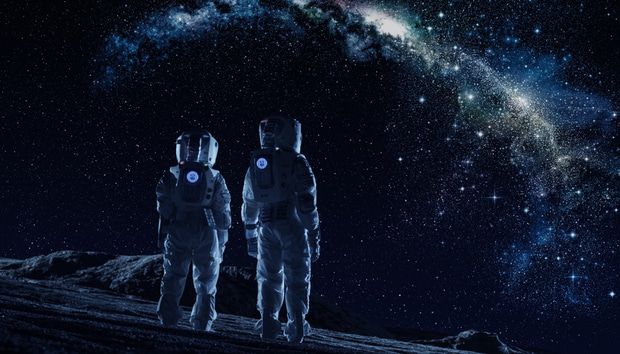
Asgardia, the first space nation that boasts of a constitution and a parliament that serves almost 20,000 citizens around the world, is trying to figure out how to give birth to one of their own in space, with predictions targeting the year 2041. This is in line with their chief goals of democratizing access to space, alongside the preservation and expansion of humanity.
According to a neuroscientist, Jeffrey Alberts, people born in space could have different brains to those on Earth, with some senses heightened and others diminished. Terming the difference ‘astroneurone’, he warned that space-born humans could be seen as deficient but encouraged such adaptations to be appreciated as part of humanity’s incredible diversity.
The Space Life Origin project in the Netherlands wanted to send a pregnant woman 250 miles above Earth to give birth in 2024, but the project is currently indefinitely suspended because of serious ethical, safety and medical concerns and ‘not realistic’ to fund.
Experts are uncertain about the impact that being born in space or an artificial environment could have on a baby. The effects of cancer-causing cosmic rays on astronauts are still largely unknown and would make giving birth and raising a child in space especially hazardous and could mean infants growing into quite different bodies.
Well, such space societies are a centerpiece of science fiction some of which although still in the realm of science fiction are equally ambitious to ensure the survival of humanity. With the possibility of a space birth emerging in the coming decades, Asgardia is determined to create a new political and legal framework not tied to any Earth nation.
